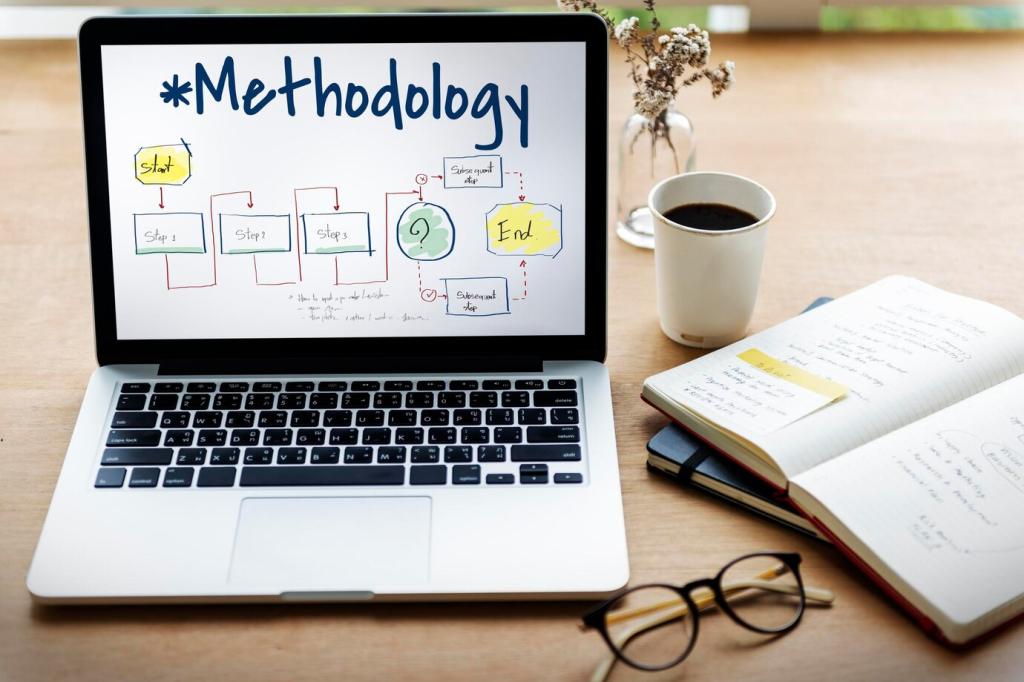Security and Privacy in a Zero-Trust Mobile World
Adopt OAuth 2.1 best practices, PKCE-by-default, and OpenID Connect for identity. Device-aware flows, rotating refresh tokens, and short-lived access tokens reduce risk, while native UI components help keep consent predictable and understandable for everyday users on the go.
Security and Privacy in a Zero-Trust Mobile World
Mutual TLS and certificate pinning protect channels from interception. Harden tokens with narrow scopes, proof-of-possession, and clock-skew tolerant expiration. On mobile, plan for clock drift, resume scenarios, and secure enclave storage to defend keys through reboots and app updates.
Security and Privacy in a Zero-Trust Mobile World
Minimize data collection, anonymize metrics, and control PII with data maps. Privacy-preserving analytics and consent-aware logging help teams comply with GDPR and CCPA while retaining observability. Build deletion workflows now, not later, to earn trust before incidents ever occur.
Security and Privacy in a Zero-Trust Mobile World
Lorem ipsum dolor sit amet, consectetur adipiscing elit. Ut elit tellus, luctus nec ullamcorper mattis, pulvinar dapibus leo.









